Cognitive Psychology: Human Brain's Information Processing and Memory
VerifiedAdded on 2022/12/27
|9
|584
|66
Report
AI Summary
This report delves into the cognitive psychology of memory, exploring the stages of information processing in the human brain. It outlines the three primary stages: sensory memory, short-term memory, and long-term memory, detailing how information progresses through each. The report further examines the key processes involved: encoding, storage, and retrieval, explaining their roles in forming and accessing memories. It emphasizes the brain's role in understanding and perception. References from scholarly articles are included to support the analysis of memory processes. This report provides a comprehensive overview of how information from the external world is processed and transformed into memories, offering insights into the fundamental cognitive functions of the human mind.
1 out of 9
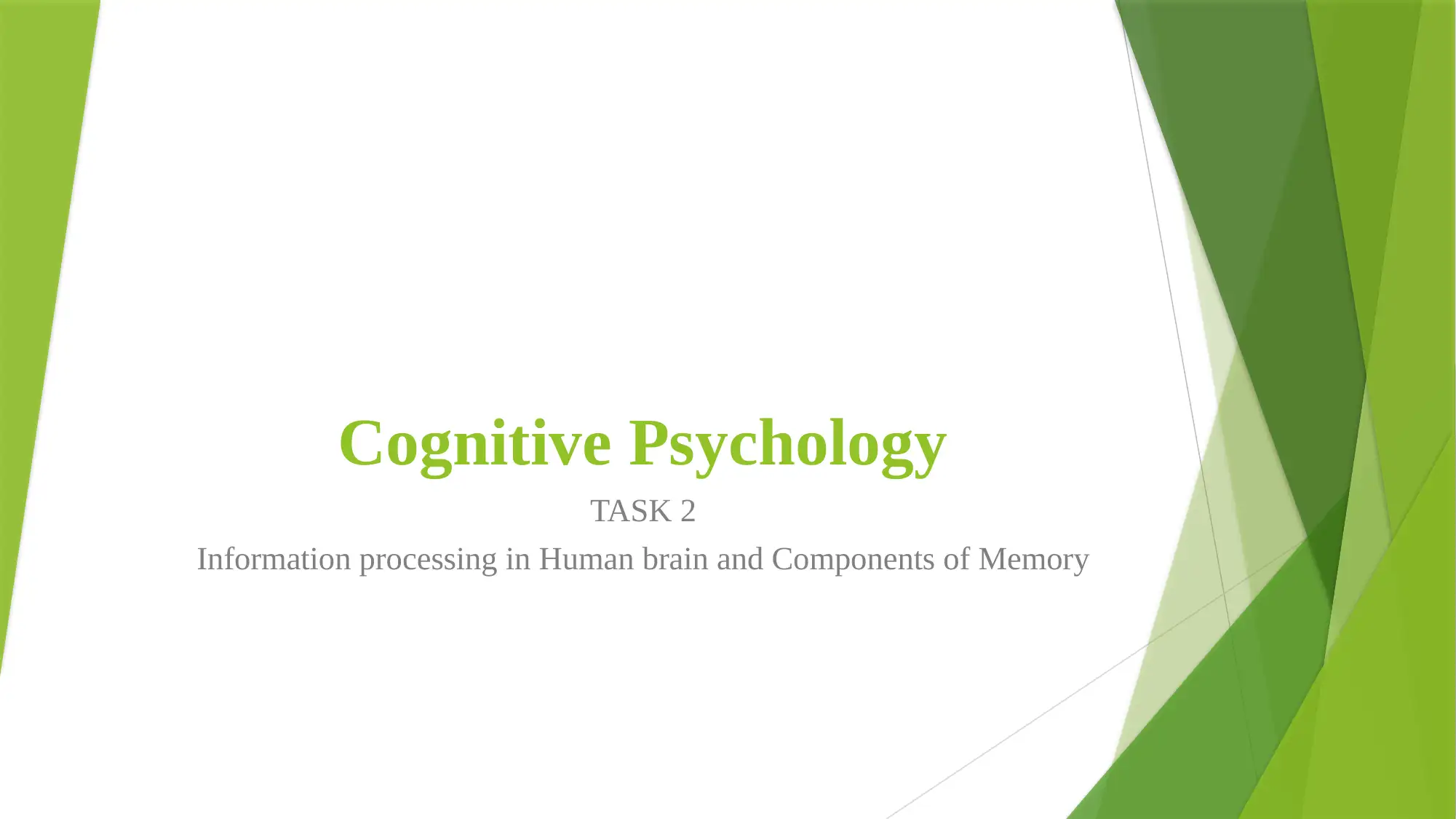
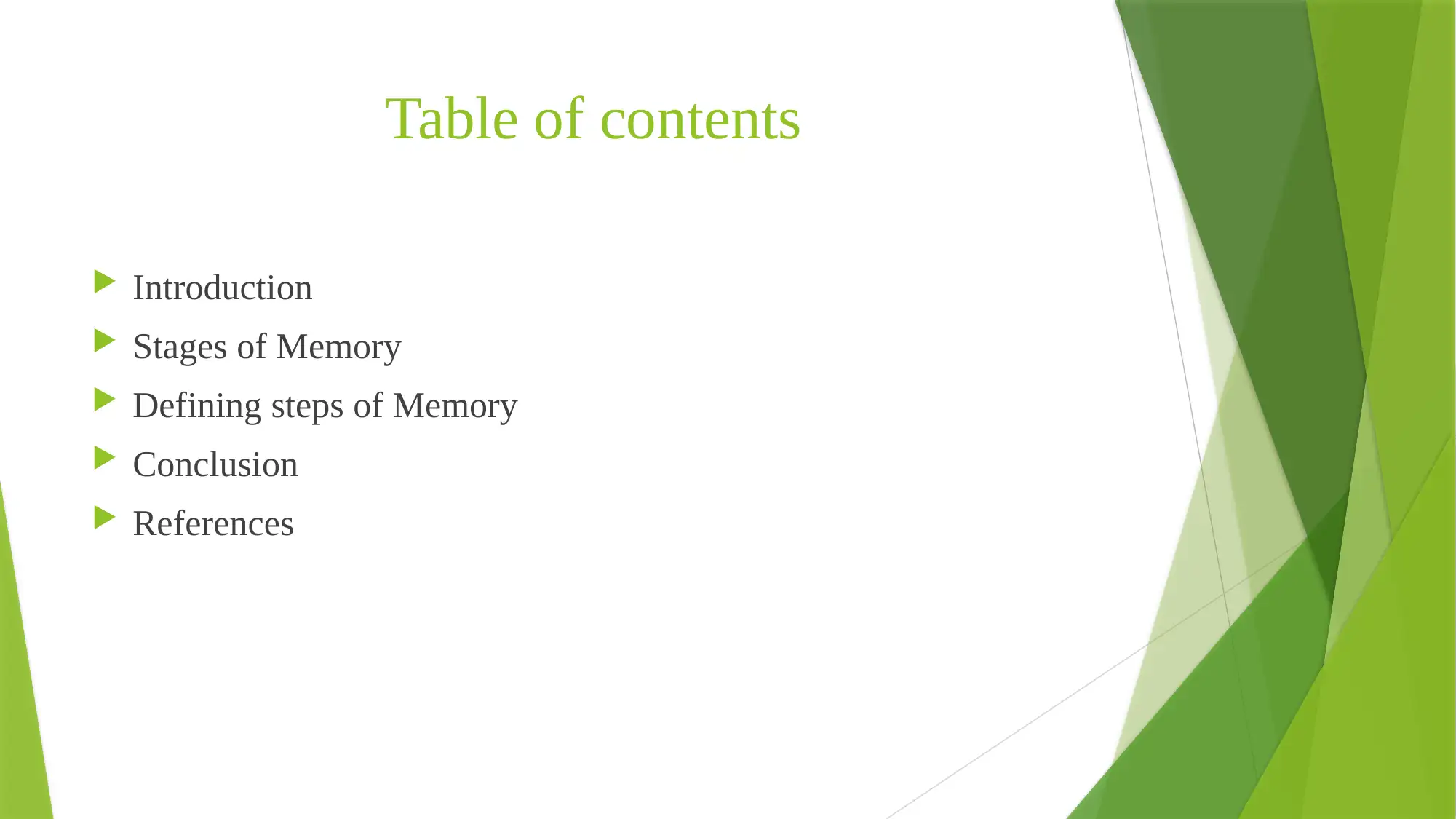
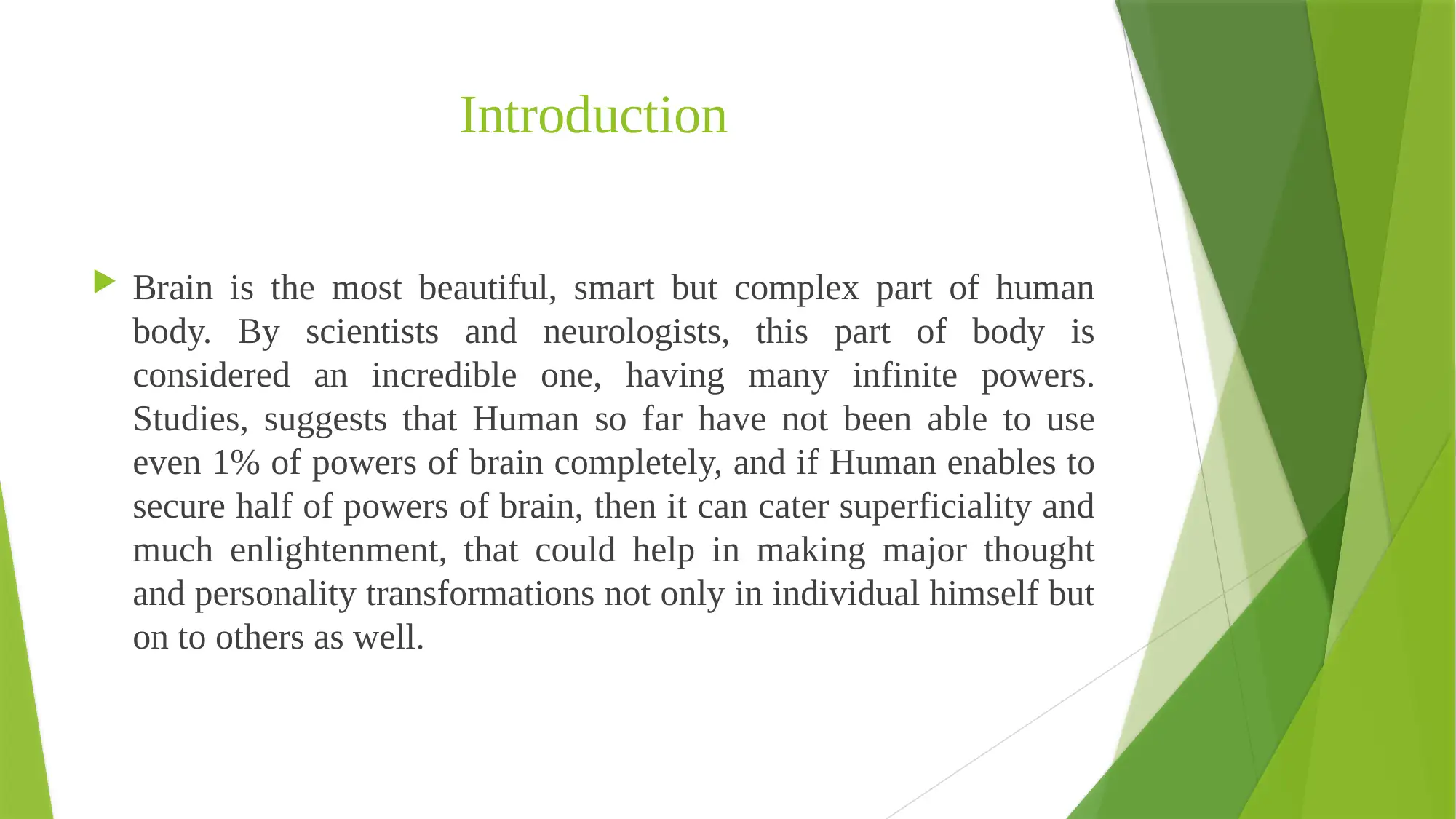

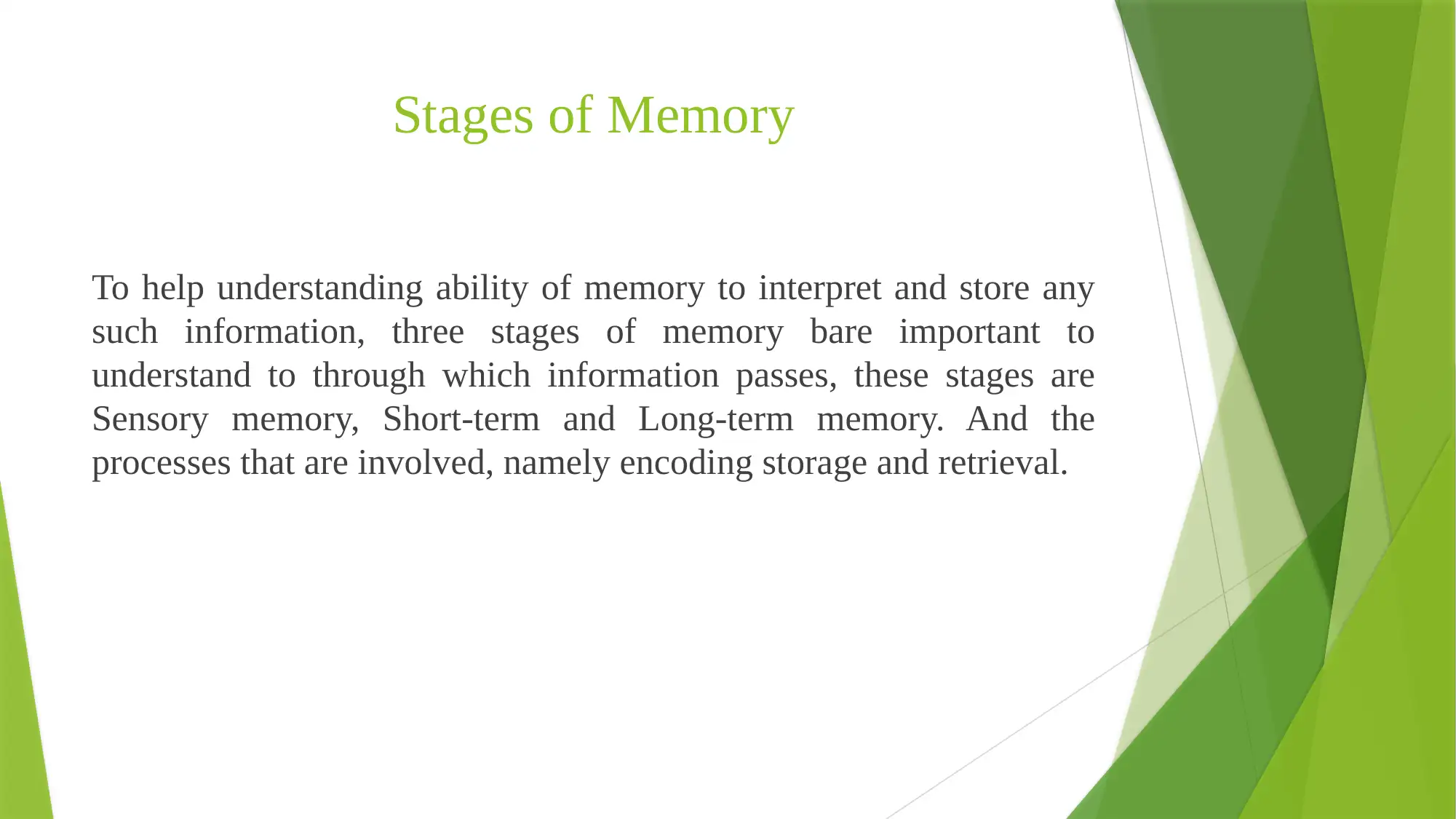
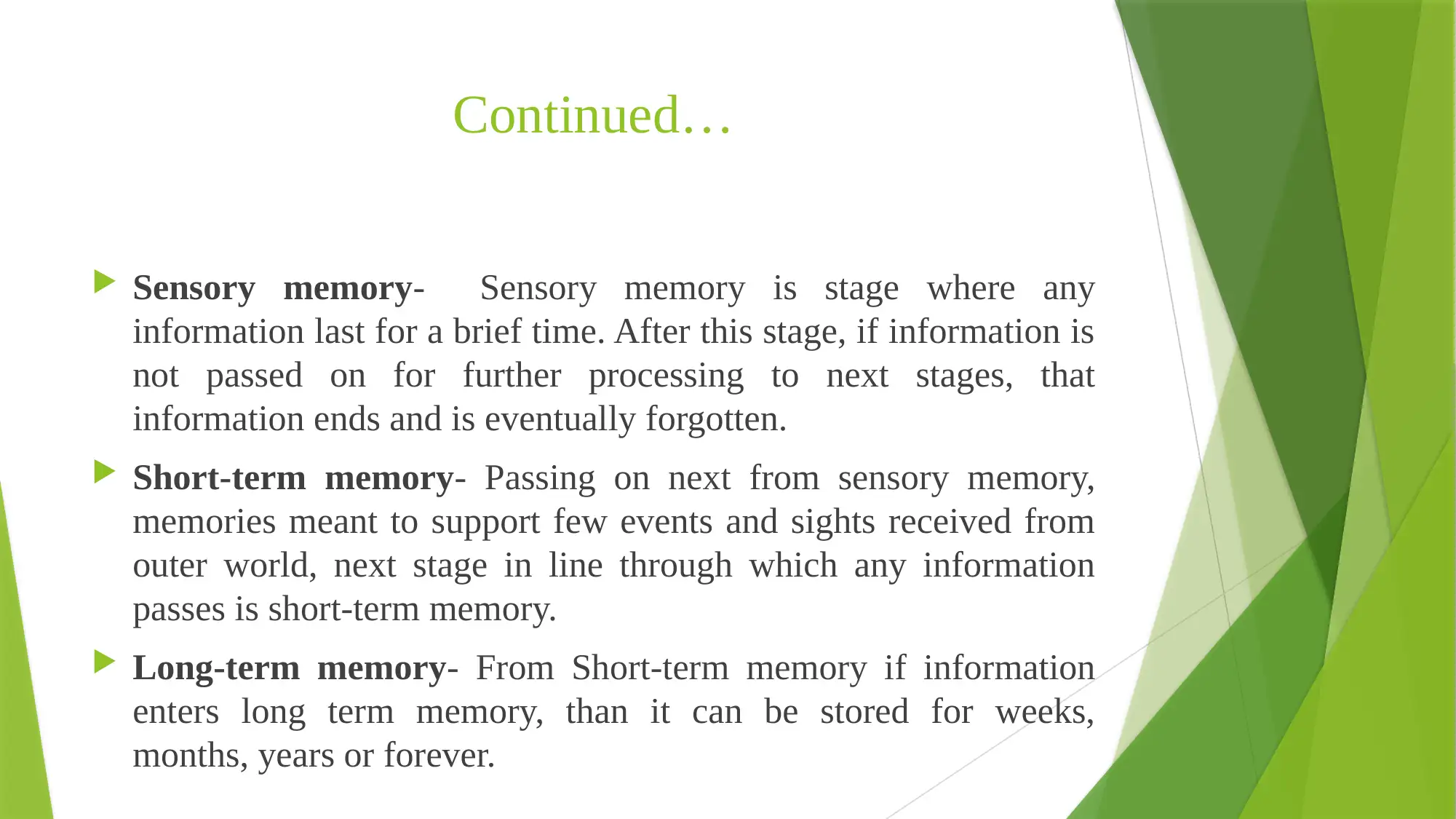
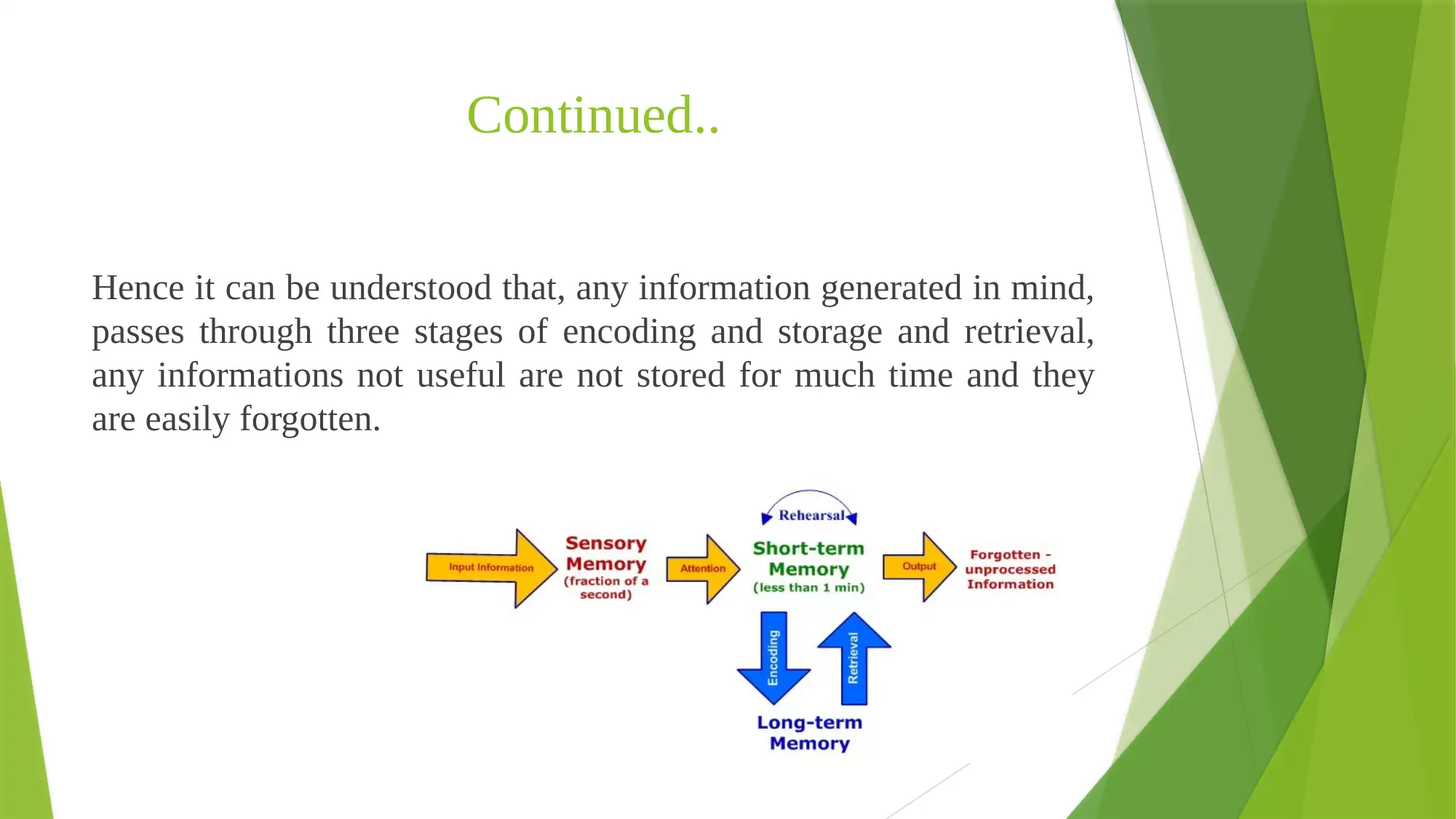
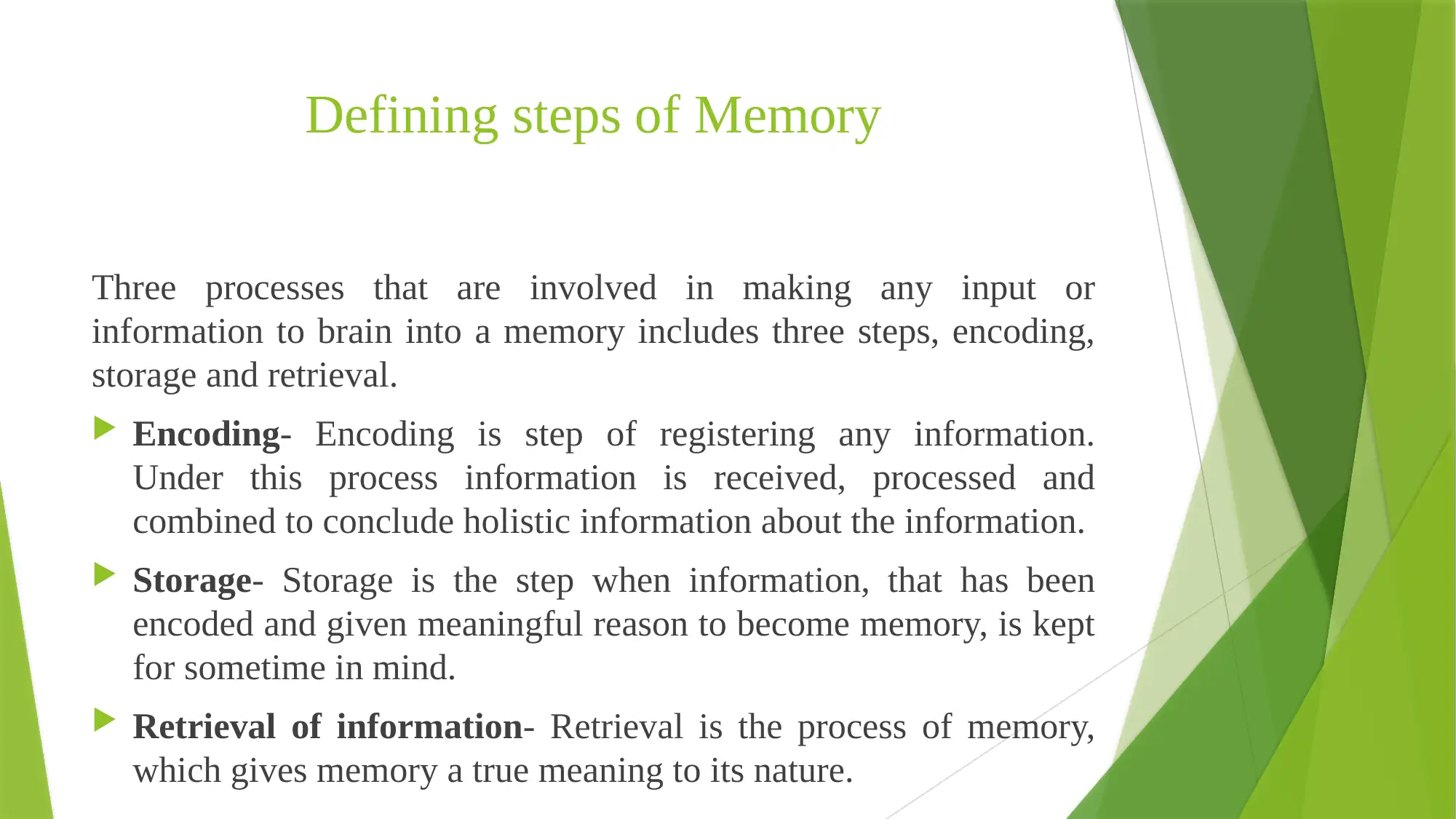
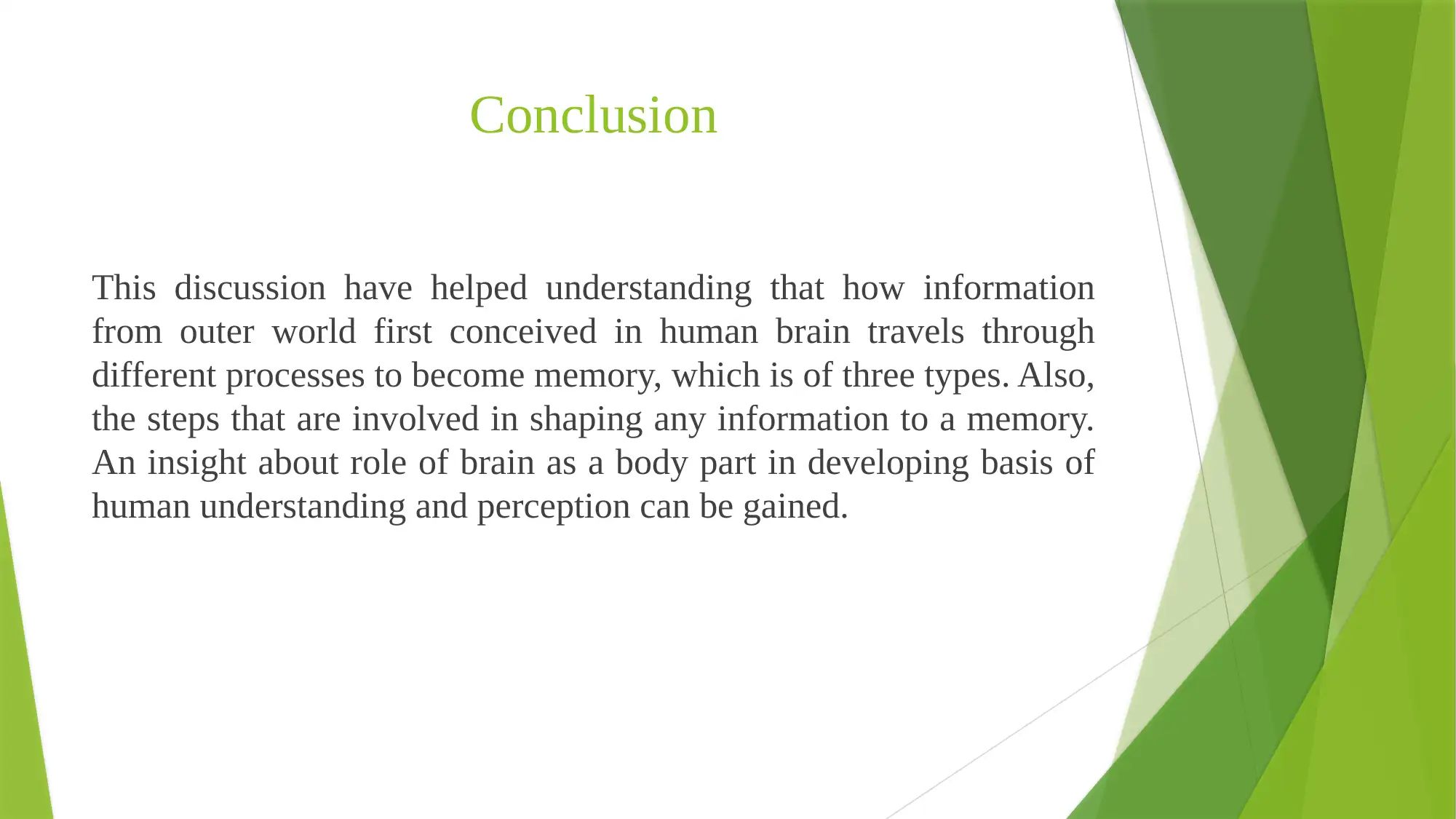
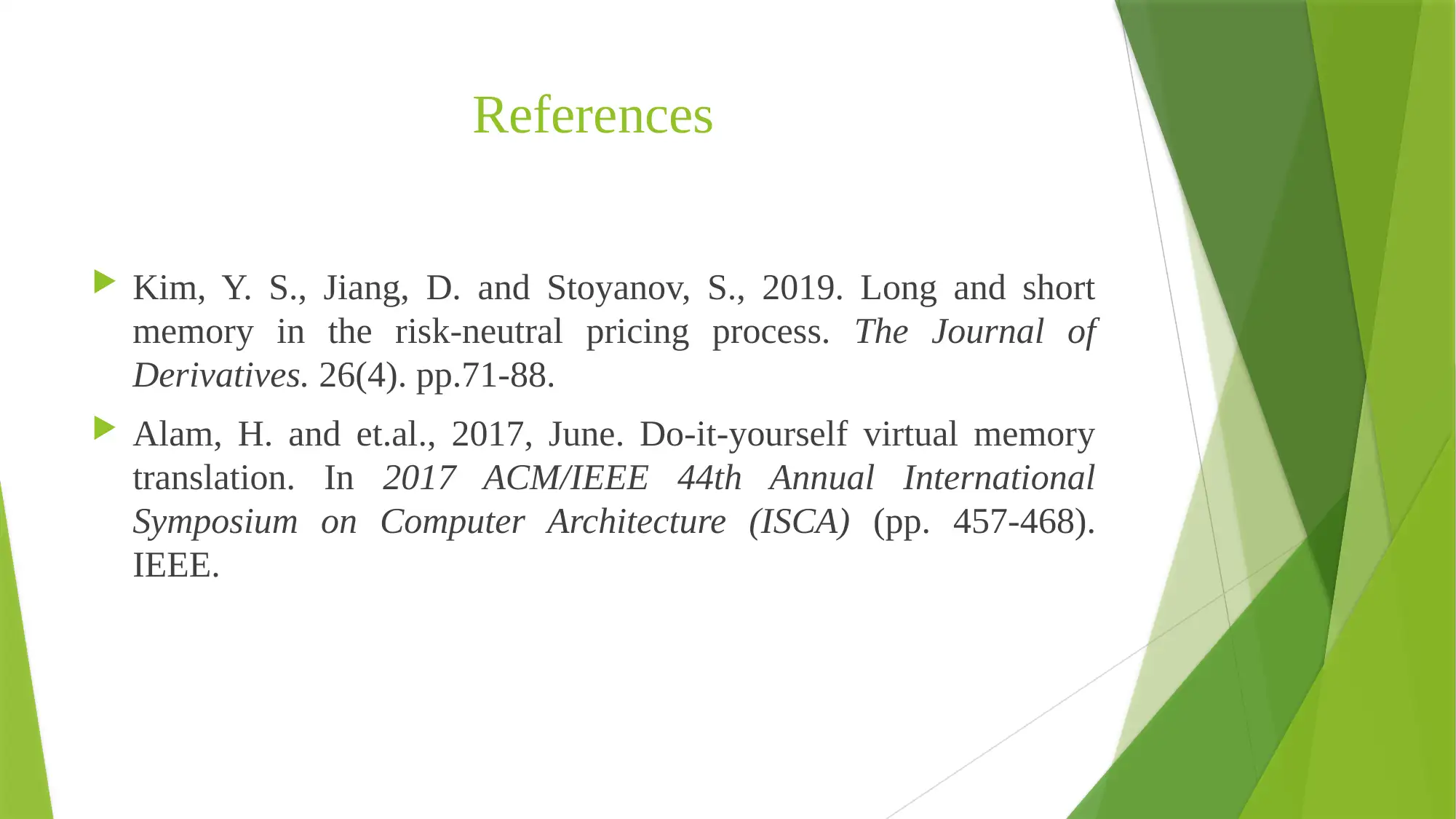





![[object Object]](/_next/static/media/star-bottom.7253800d.svg)